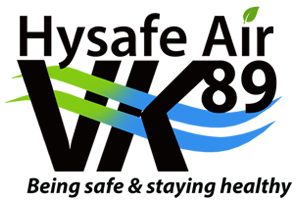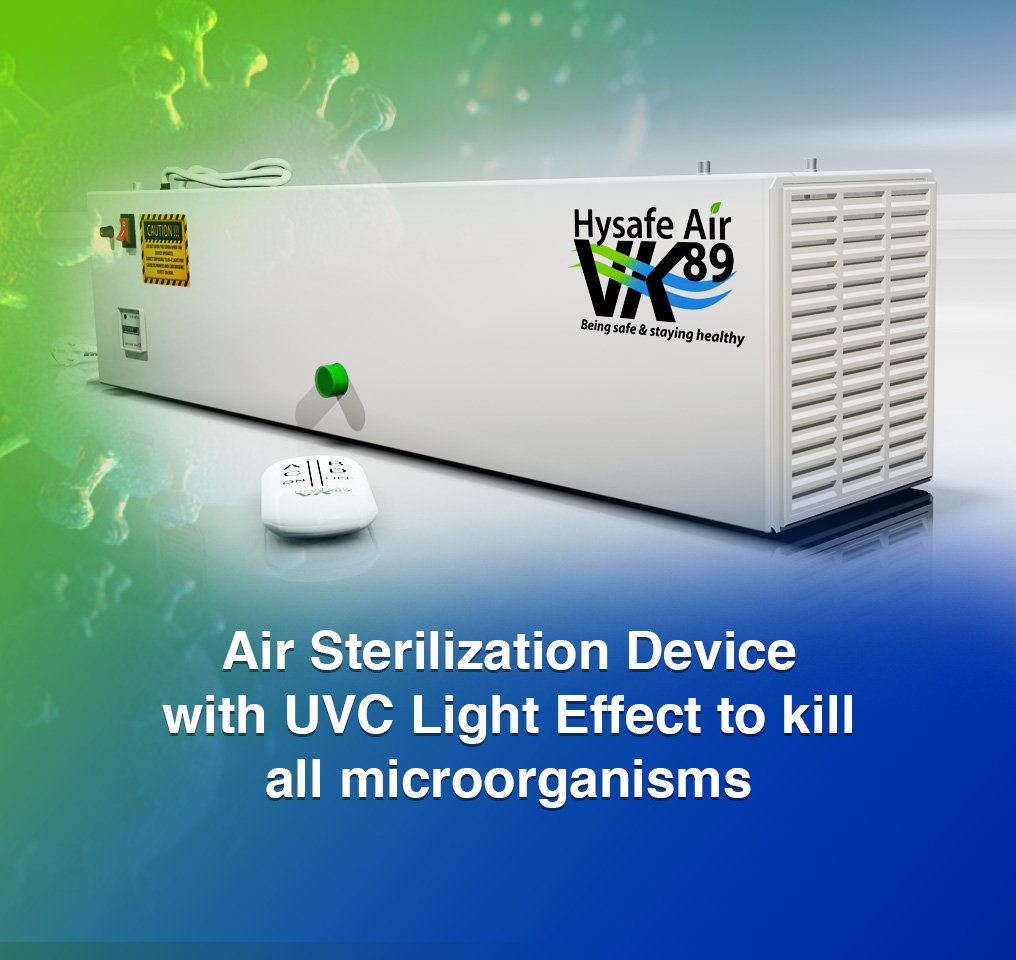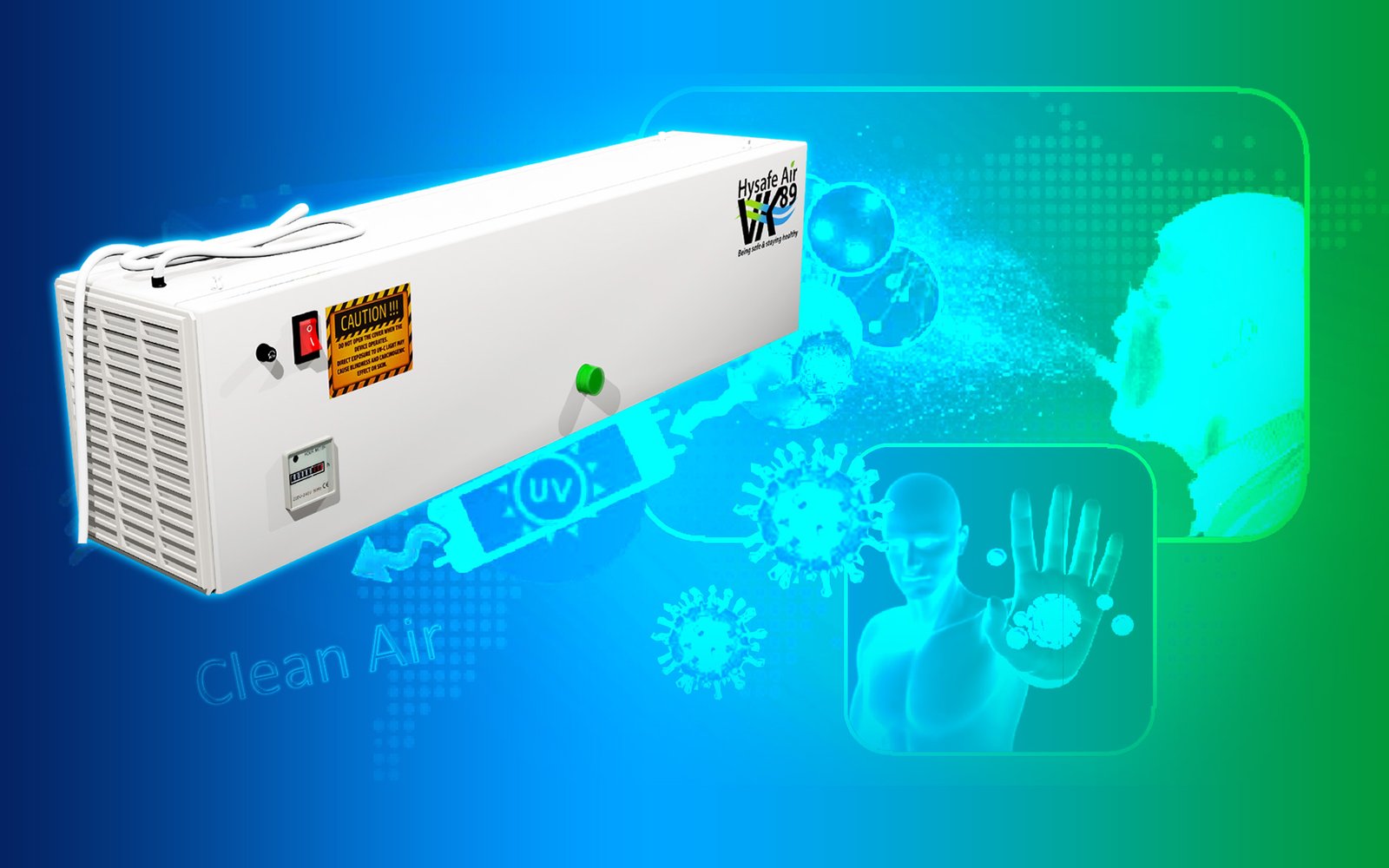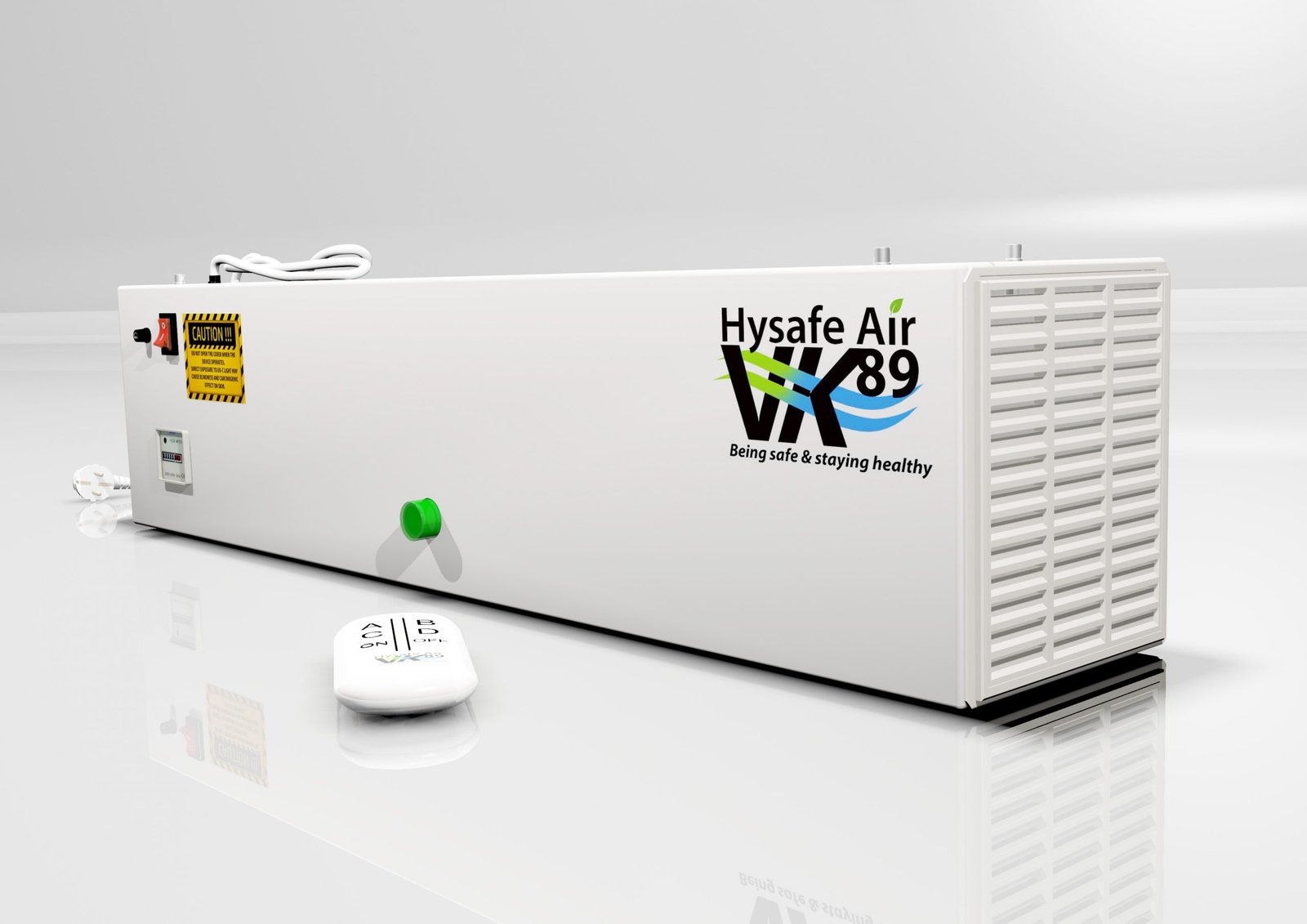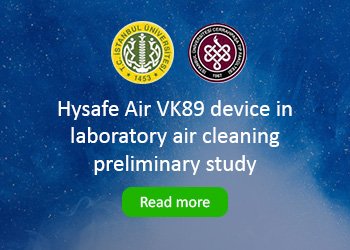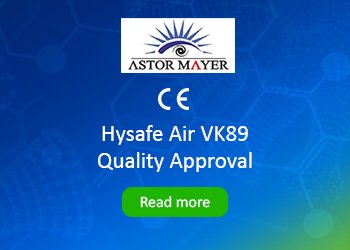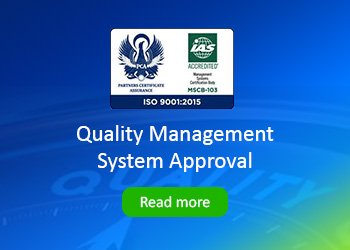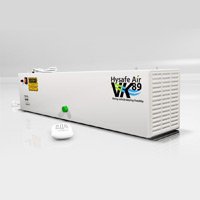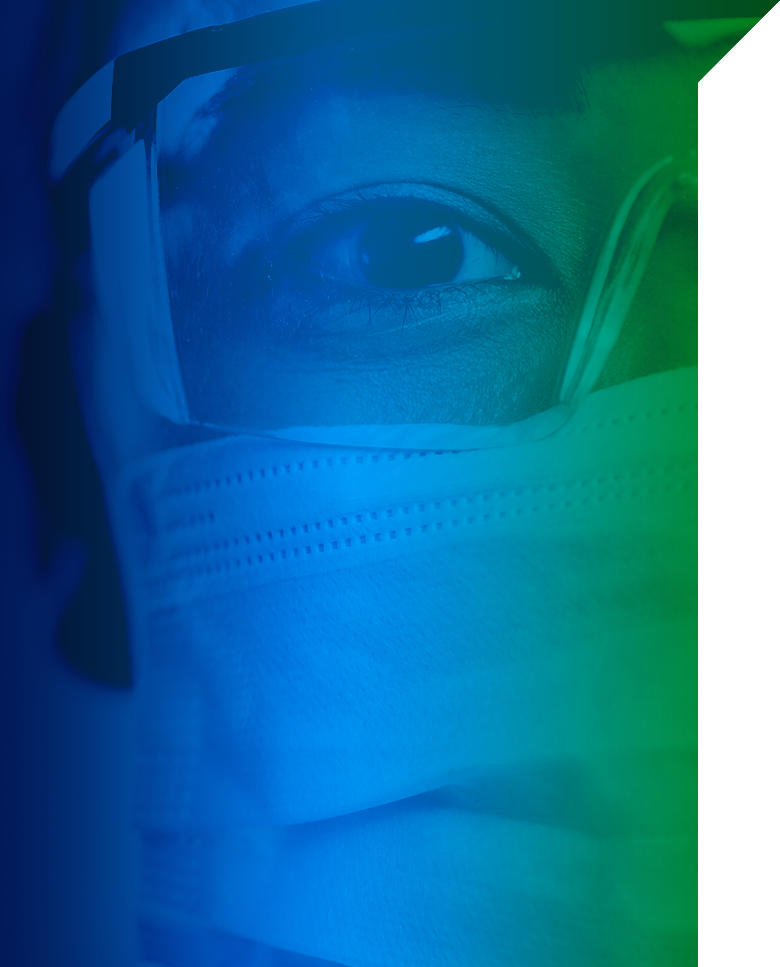
How safe is
the air
we breathe?
Based on the available evidence, including the recent publications mentioned above, WHO continues to recommend droplet and contact precautions for those people caring for COVID-19 patients. WHO continues to recommend airborne precautions for circumstances and settings in which aerosol generating procedures and support treatment are performed, according to risk assessment.
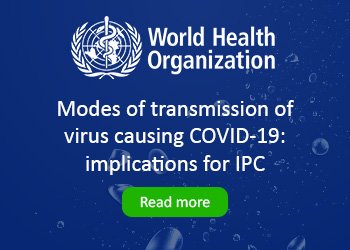
 Loading...
Loading...

These recommendations are consistent with other national and international guidelines, including those developed by the European Society of Intensive Care Medicine and Society of Critical Care Medicine14 and those currently used in Australia, Canada, and United Kingdom.
At the same time, other countries and organizations, including the US Centers for Diseases Control and Prevention and the European Centre for Disease Prevention and Control, recommend airborne precautions for any situation involving the care of COVID-19 patients, and consider the use of medical masks as an acceptable option in case of shortages of respirators (N95, FFP2)
Can you kill coronavirus with UV light?
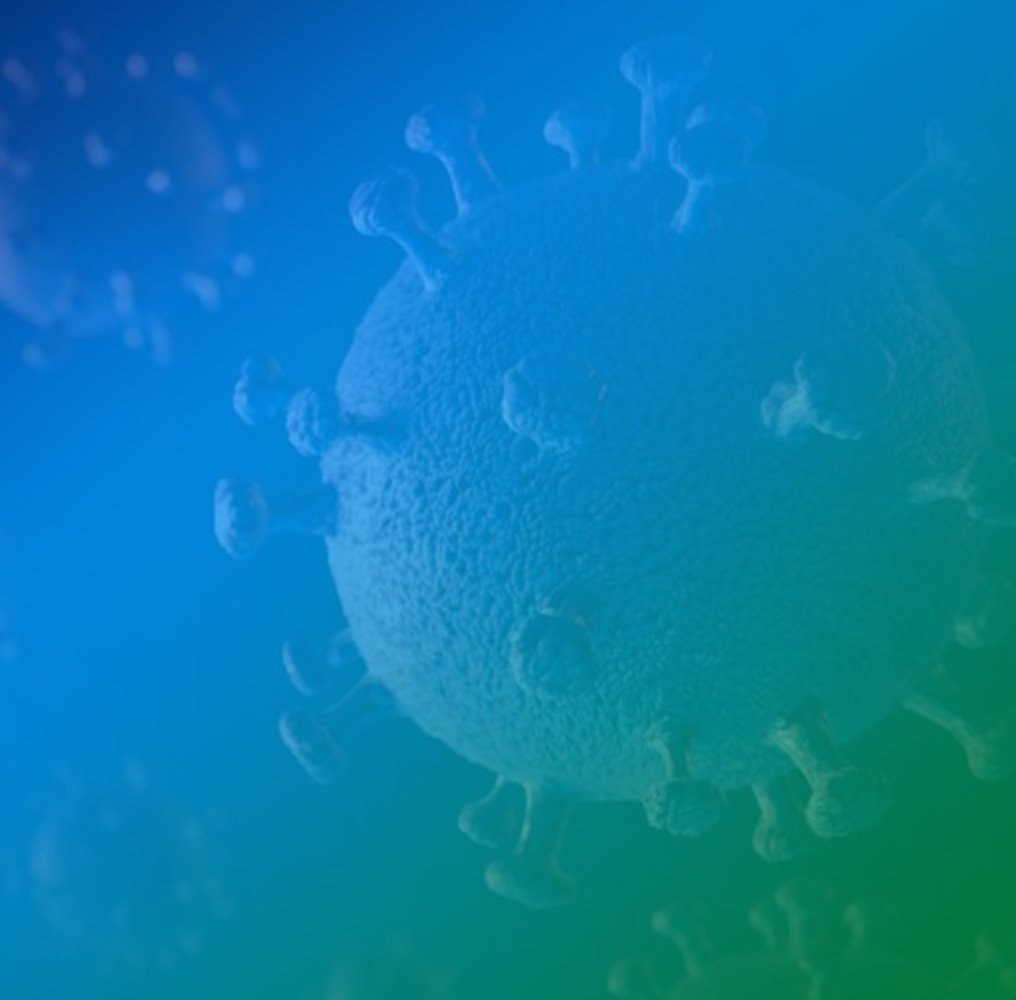
There is also a third type: UVC. This relatively obscure part of the spectrum consists of a shorter, more energetic wavelength of light. It is particularly good at destroying genetic material – whether in humans or viral particles.
Luckily, most of us are unlikely to have ever encountered any. That’s because it’s filtered out by ozone in the atmosphere long before it reaches our fragile skin.
Or that was the case, at least, until scientists discovered that they could harness UVC to kill microorganisms. Since the finding in 1878, artificially produced UVC has become a staple method of sterilisation – one used in hospitals, airplanes, offices, and factories every day. Crucially, it’s also fundamental to the process of sanitising drinking water; some parasites are resistant to chemical disinfectants such as chlorine, so it provides a failsafe.
Though there hasn’t been any research looking at how UVC affects Covid-19 specifically, studies have shown that it can be used against other coronaviruses, such as Sars. The radiation warps the structure of their genetic material and prevents the viral particles from making more copies of themselves.
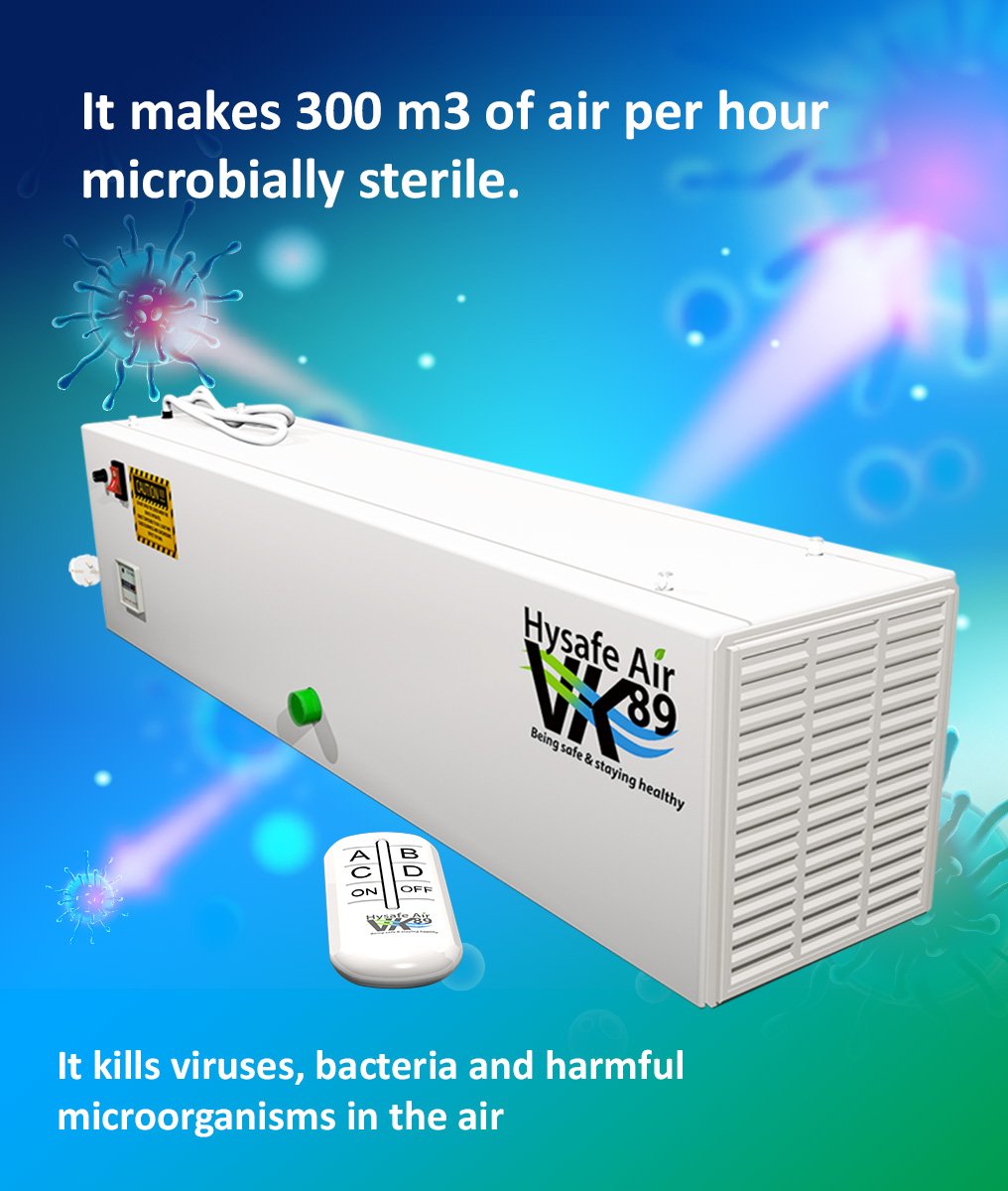
UVC Lamps in Hysave Air VK89
Deactivate by damaging the DNA and RNA chain of all harmful microorganisms such as VIRUS – BACTERIA – MOLD – FUNGI
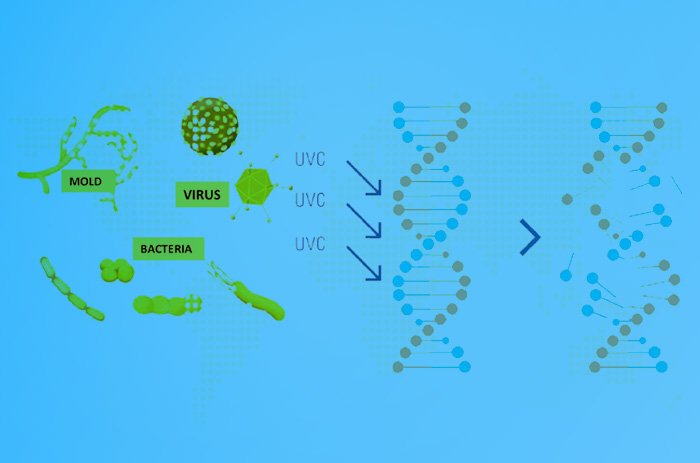
Security Information
- Don’t use damaged power cables, sockets and plugs.
- he device should not come into contact with water. Do not touch the power cable and device with wet hands. This can cause damage to you and your device.
- If the device breaks down, do not repair it yourself. Otherwise, the device will be out of warranty.
- Do not drop the device during transportation, protect it against impacts.
Quick Start Guide
- The outlet section of the device must be positioned to blow air over a large area
- After device is plugged into gorunded outlet. Press the red button and the red light is on.
- You can turn the device on and off with A button on the remote control.
- If the UVC lamps shine, a green light will be seen from the surveillance
Cleaning and Maintenance
The shelf life of UVC lamps Varies between 9000-12000 hours. At the end of this period, the lamps should change. If the lamp does not work, the green light on VK 89 will not be light. You can Change the lamp in that section by detecting which light is not on. Carbon filters at the inlet and outlet of VK 89 should be changed between 3-6 months according to the powder load of the environtment.
Academic Review
HYSAFE AIR VK89 DEVICE IN LABORATORY AIR CLEANING PRELIMINARY STUDY
Dr. Fatma ATEŞ ALKAN1, Res.Ass. Dr. Nural PASTACI1, Dr. Elvin PAZAR YILDIRIM2, Prof. Dr. Ömer KÜÇÜKBASMACI2, Prof. Dr. Bora BARUTÇU1
2 Istanbul University, Cerrahpaşa Medical Faculty, Microbiology Department
According to the first findings we obtained, the hysafe air cleaning device effectively cleans the air of the laboratory environments. It is clear that more efficient cleaning can be achieved by extending the air cleaning times in some units.
 Loading...
Loading...
Academic Review
HYSAFE AIR VK89 Air Cleaning Device Test Report
Prof. Dr. Tanıl Kocagöz
Hysafe Air device cleans the air from bacteria and fungi by 90% within 3 hours and 99% within 24 hours.
 Loading...
Loading...
Personal Review
We can compare the quantity of the colonies of microoganism in the air before and after using Hysafe Air VK89 in an easier way. We can use special media to attach and keep bacteria dan microorganism in the air
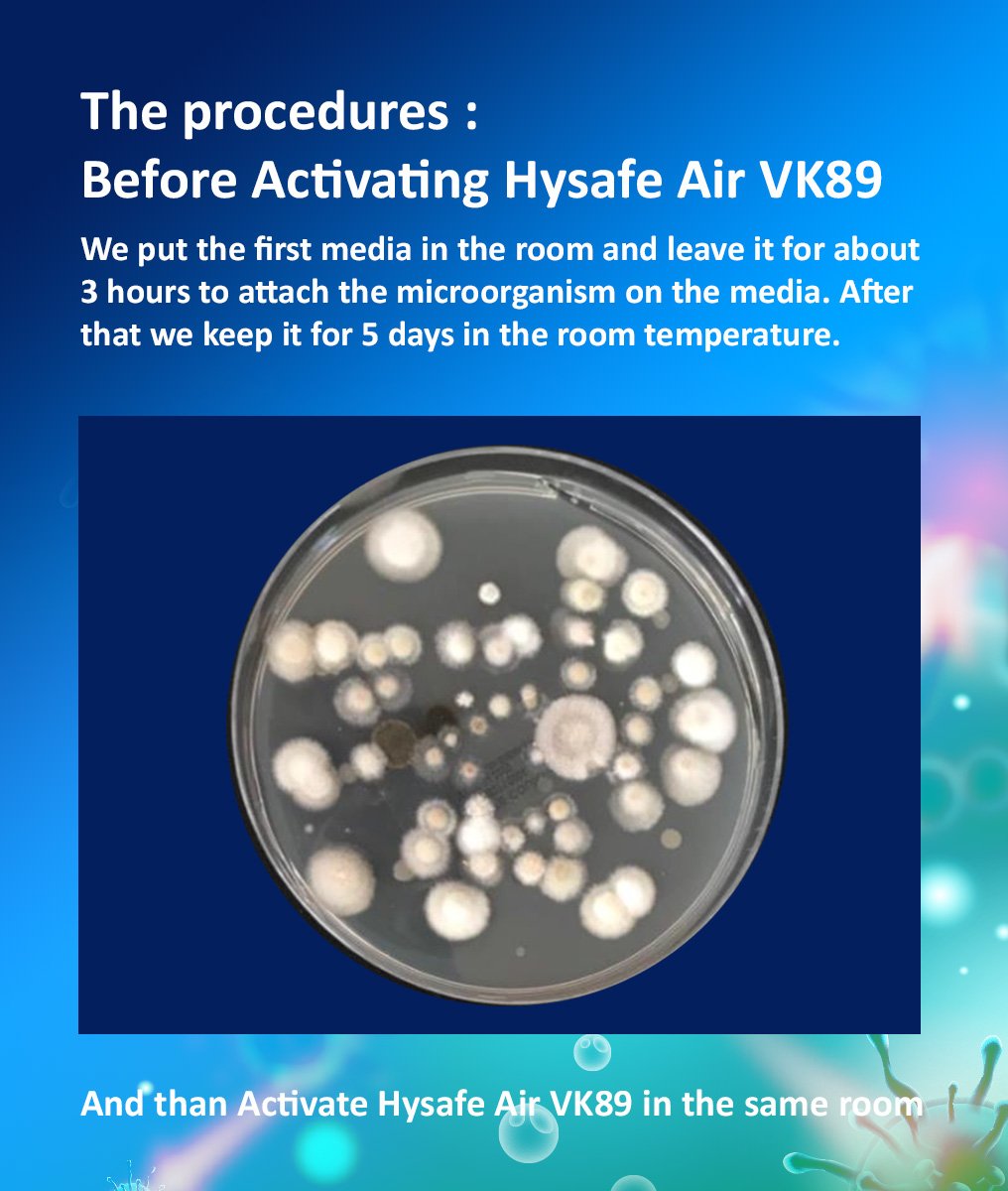
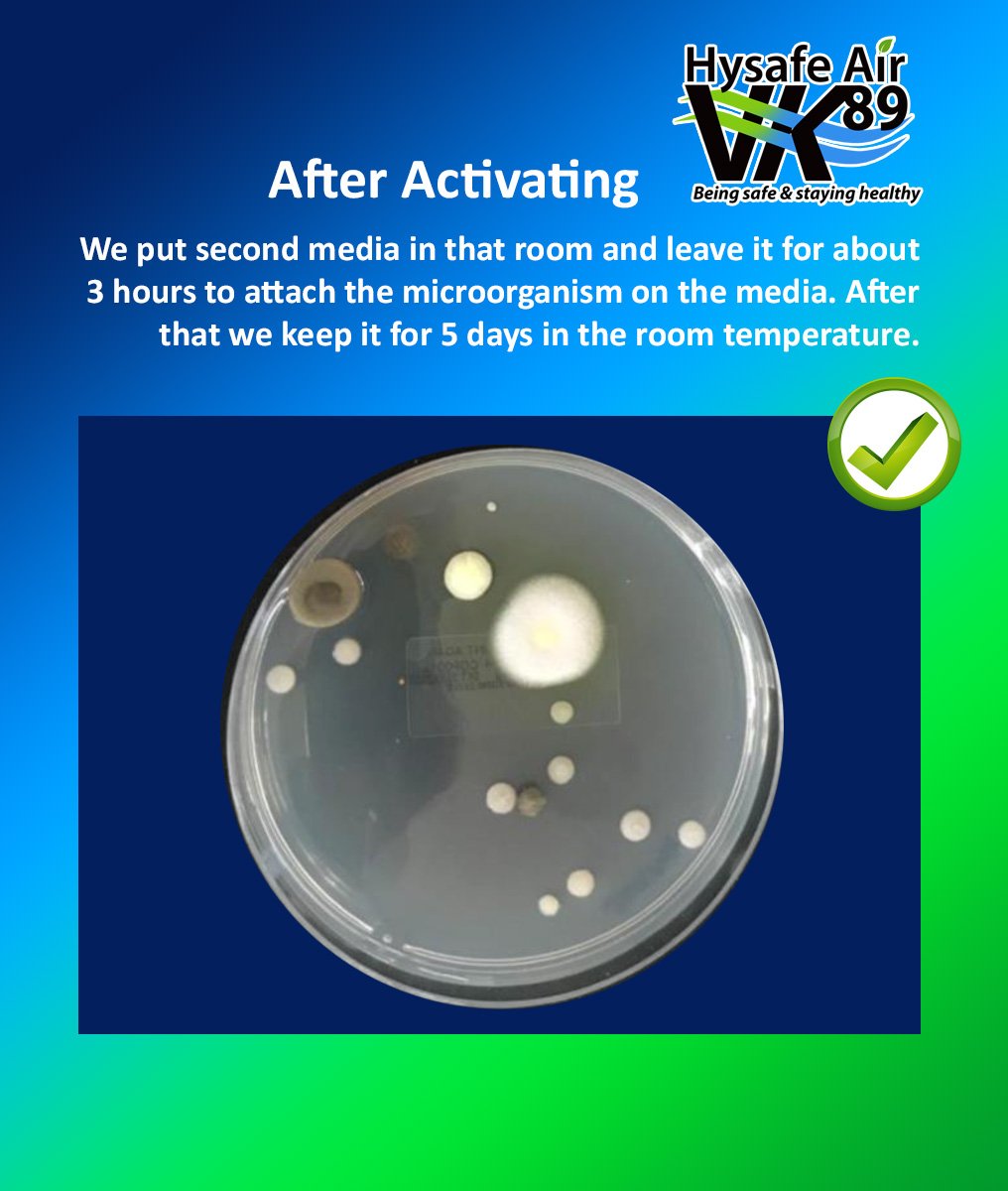


USAGE AREAS
Hysafe Air VK89 makes the air we breathe safe in several areas such as;
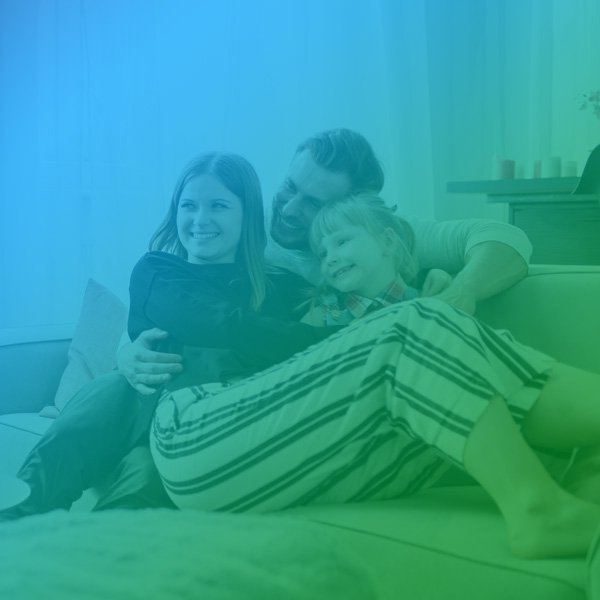
House

Shopping Center
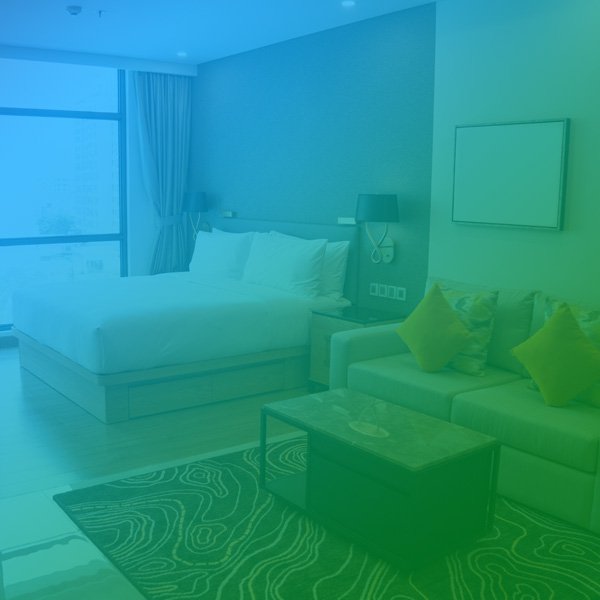
Hotels and Accommodations

Metro and Transport Areas

Universities and Schools
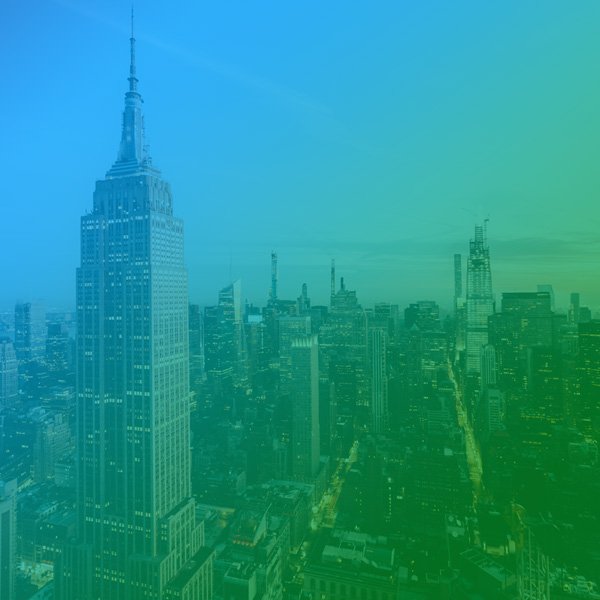
Business Centers and Offices

Kindergarten

Nursing Homes
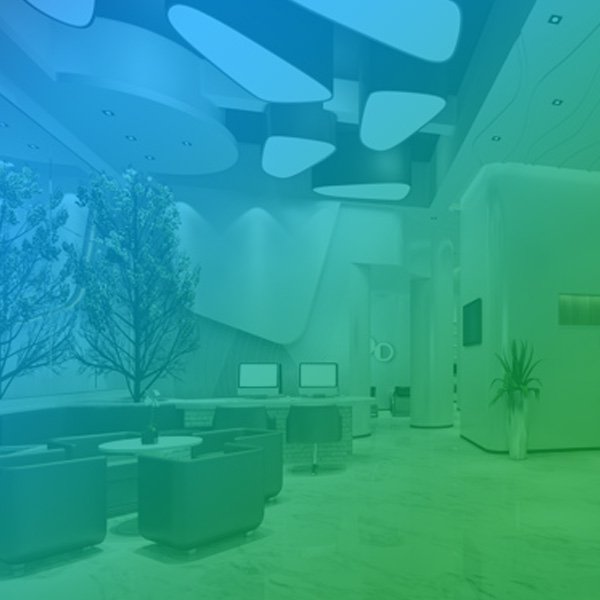
Waiting Rooms
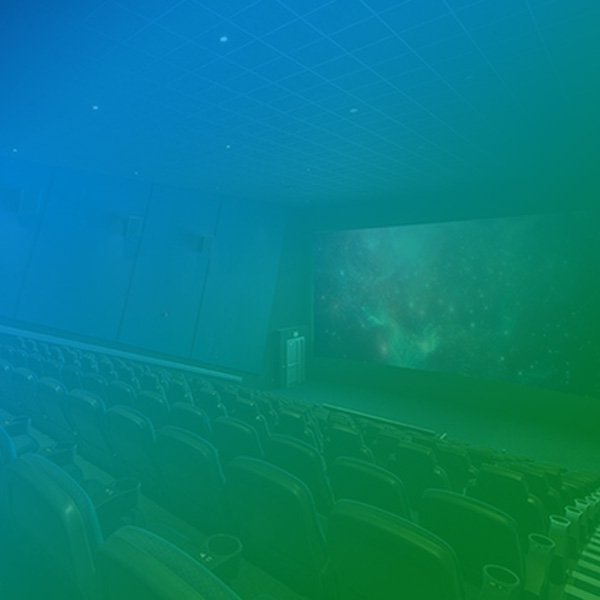
Cinema and Theater

Gyms
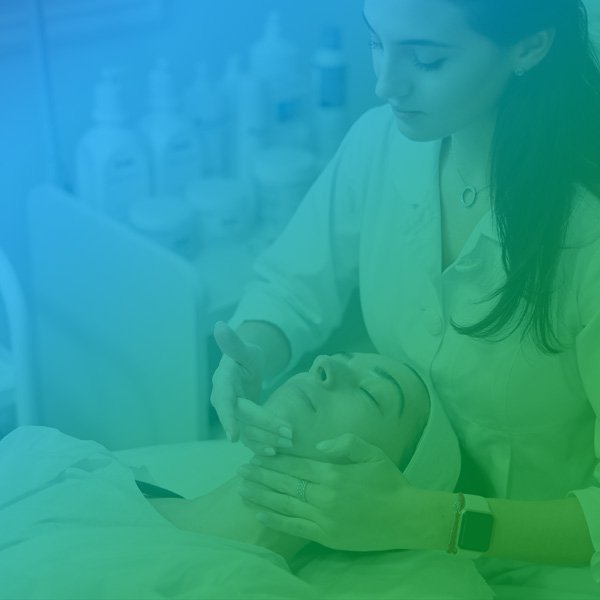
Beauty Center

Entertainment Centers and Cafes

Inspection and Hospitals
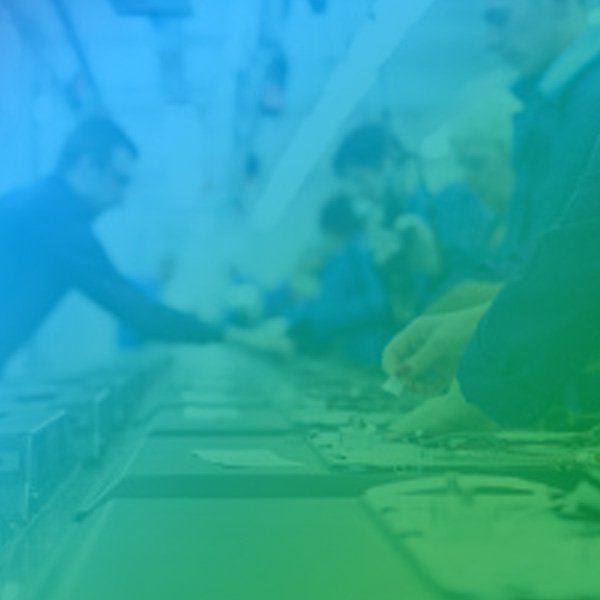
All Factories and Production Areas
Certificate
 Loading...
Loading...
 Loading...
Loading...
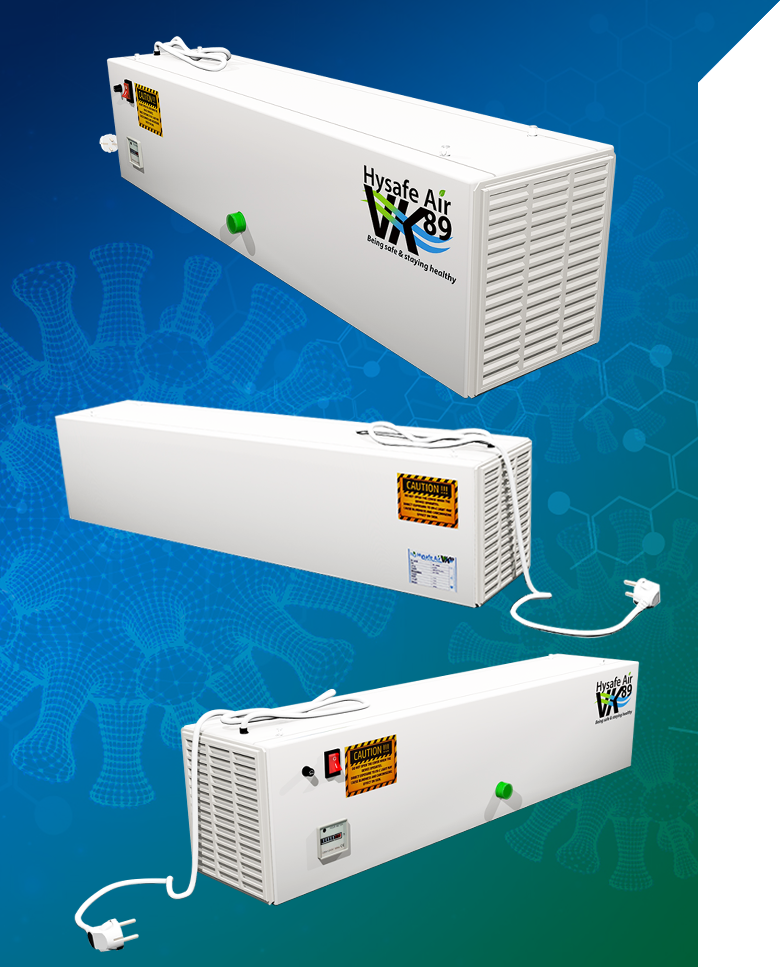
Virus Killer Device
Hysafe Air VK89
Air Sterilization Device with UVC Light Effect to kills The Bacteria, Viruses, Yeast and Pathogenic Microorganism.
Virus Killer Device with UVC Light Effect to kill all microorganisms
UVC Lamps in Virus Killer Device Hysave Air VK89 Deactivate by damaging the DNA and RNA chain of all harmful microorganisms such as VIRUS – BACTERIA – MOLD – FUNGI
Hysafe Air device cleans the air from bacteria and fungi by 90% within 3 hours and 99% within 24 hours.
See our references
